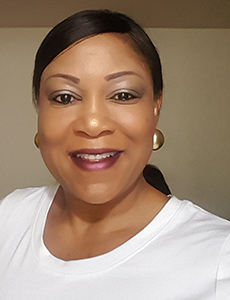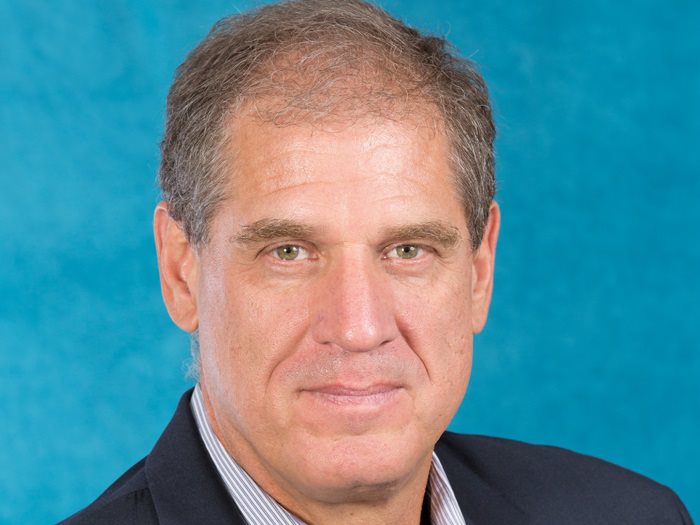How Case Managers Can Assist Employees Who Are Delaying Care Due to COVID-Related Anxieties

Since the beginning of the pandemic, workers’ comp patients have faced many barriers to care — from clinics shutting down as stay-at-home orders were issued to hospitals putting non-essential procedures on hold as they braced for the COVID-19 pandemic to overflow capacity.
Sometimes the barriers to care didn’t come in the form of pandemic restrictions, however.
COVID-19 is a highly contagious, deadly virus, and claims teams may encounter patients who delay their care because they are afraid of catching the disease when they go into the hospital for treatment.
“The disease itself is scary. Not knowing if you’re going to be affected is scary,” Margaret Omoregie, a field case manager at Genex, said.
“Sometimes injured workers want to postpone their appointments or treatments, because they want to avoid contact with other patients or medical staff. They worry about going to the doctor’s office or treatment center and being exposed to others during the pandemic.”
In one of Omoregie’s cases, an injured worker who was scheduled to have knee surgery wanted to delay care to avoid going to the hospital during the pandemic. Omoregie was able to work with him to assuage his fears and keep him on track for recovery.
Her presence was able to calm the employee and is a lesson for other claims teams on how to keep care moving in the face of an injured worker’s anxieties.
Calming an Injured Workers’ COVID-19 Anxieties
One of the issues Omoregie faced with her injured worker was that he didn’t trust the hospital to keep him safe from the virus.
The man had previously undergone a knee surgery and shortly afterwards developed extensive osteochondral lesions that caused catching, clicking and locking in his right knee joint.
His bad experience with the previous surgery left him wary of another visit to the hospital.

Margaret Omoregie, field case manager, Genex
COVID-19 only compounded those fears. When the pandemic struck, the worker was worried that his surgery, which was scheduled in April, could cause him to catch the virus and then would leave him unable to breathe or even worse would cause him to lose his life.
“The patient had an anxiety problem, and he was very worried about the outcome,” Omoregie said.
“He didn’t trust the hospital system at all. When the pandemic hit, he worried that the hospital wasn’t prepared to handle the pandemic, and if he went into the hospital, he would contract COVID there and he may die; he may not return home.”
Still, the worker needed the arthroplasty to help heal and continue living his lifestyle pre-injury. Prior to his injury, the worker had been active, enjoying running and taking evening walks with his wife. After the injury, his knee caused him a lot of pain, and he was only able to stand for short periods of time.
To help ease his fears, Omoregie reminded him of the positive outcomes, like increased mobility, that would come with the surgery. She was able to convince the injured worker that the hospital would have every possible social distancing procedure in place to make sure he didn’t contract the virus.
“I was able to talk to him to relieve his fears and tell him this is not a life-or-death decision,” she said.
“I talked to him about the positive outcomes — what he’ll be able to do after his surgery.”
While these conversations were reassuring, the worker still worried his anxiety would cause him to back out of his arthroplasty. So, on the day of the surgery, Omoregie accompanied him to the center to help express his concerns over COVID-19 to his doctors and to help him find the courage to go through with the procedure.
“I told him, if his mind is in the right place, his body will follow,” Omoregie said. “Your mind has to be at peace first. Your mind has to be comfortable.”
COVID-19 Brings Challenges to Nurse Case Manager Involvement
To help keep injured worker care on track despite COVID-19 anxieties, Omoregie recommends that nurse case managers talk with the injured workers in their care and work with them to make sure they are not catastrophizing either their injuries or the current pandemic as she did with her patient.
“I encouraged him to avoid what we call catastrophic thinking,” she said.
Some medical care facilities are limiting nurse case manager’s involvement in claims in order to adhere to social distancing guidelines, however, making it difficult for them to provide support to their injured workers.
Omoregie was able to work with the doctors so that she could accompany her injured worker to his surgery, but that is not always the case.
In the before-times, nurse case managers could accompany injured workers to their doctors appointments or sit in the waiting rooms. Now, as a COVID-19 safety precaution, more and more doctors are preventing nurse case managers from attending appointments with their injured workers.
Easing injured workers’ anxieties is just one way that claims teams and employers can help keep recovery on track amidst the COVID-19 pandemic.
Adjusting return-to-work expectations, finding new telemedicine and other technology solutions to keep care moving, and working with medical experts are just some ways companies can keep claims moving during this time. Preventing them from attending patient appointments makes this work harder and it leaves nurse case managers unable to alert workers’ comp insurers to any possible care delays.
“They don’t let case managers go into the room to be with the patient all the time anymore. They don’t always allow case managers to stay in the lobby area, in the doctor’s offices. So it’s sometimes hard to get reports. It’s hard to get the information. It’s hard to communicate easily with the doctors,” Omoregie said.
In lieu of accompanying patients to doctors visits, nurse case managers can use phone or video calls to communicate with their injured workers and ease their COVID-19 anxieties. Though their jobs may be more challenging than ever before, Omoregie believes that caring for injured workers and helping them get back to their lives makes her job worth all of the current obstacles. Nurse case managers remain a dedicated resource for claims teams as they navigate this difficult year.
“I love to care for people more than any other part of my job. It gives me satisfaction just to have a positive impact on someone’s life,” Omoregie said. &










